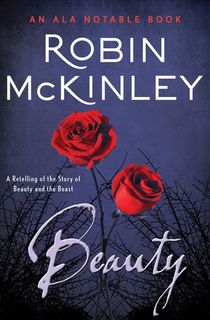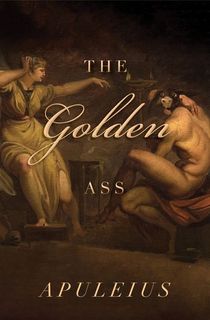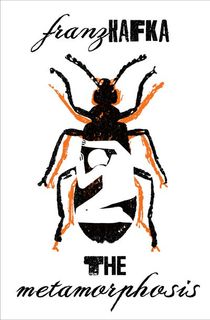From the rapid transition from newborn to toddler, to adolescence, to the metamorphosis during one’s golden years, physical change is an inescapable fact of human life. In fantasy, however, change can take on a magical dimension. Whether involving werewolves, mermaids, vampires, ghosts, or other incredible beings, the genre is known for blurring the line between human and non-human, reality and magic as beloved characters transform into something new.
Featuring shape-shifting, bewitchings, or other forms of bodily transformation, these fantasy books boldly confront what it means to be human—or otherwise!

The Last Unicorn
Of all the metamorphoses in fantasy, the transformation in Peter S. Beagle’s The Last Unicorn takes the cake for its heart-wrenching beauty, simplicity, and impact. Without spoiling one of the novel’s central conflicts, The Last Unicorn uses transformation to evoke age-old questions and make striking comments on the human condition.
More Stories of Transformation Like The Last Unicorn

Drew
If you’re interested in shape-shifting, its implications, and high school drama, Allison Glock-Cooper’s inventive series Changers is right up your alley. The first book of the installment, Drew, introduces readers to Ethan Miller, a young, athletic high school student facing the mountain of adolescence and all the changes that come along with it. Miller, however, experiences changes that go beyond anything he ever could have expected when he wakes up one morning as a girl, and has to learn to live as Drew Bohner.
In Changers, an ancient race of shape-changing humans becomes a fascinating way to explore profound questions about identity, race, and gender with the power to spark transformations of their own.

Beauty
Winner of the 1998 Phoenix Honor Award and one of the Best of the Best Books for Young Adults from 1966-1988, Robin McKinley’s classic expansion of a well-loved tale breathes life into one of the most famous transformations in fairy tale history. While McKinley chooses to defer to the tried-and-true, mainly sticking to the overall plot of the original “Beauty and the Beast” fairy tale, her retelling shines in its simplicity and creative imagination of Beauty’s daily life. With a sweet romance between the plain Beauty and the sympathetic Beast, McKinley’s Beauty underlines why the Beast and Beauty trope is one of the most enduring in fantasy and romance.

The Golden Ass
Amazingly, the original “Beauty and the Beast” fairy tale by Gabrielle-Suzanne Barbot de Villeneuve might never have been written if not for the ancient Roman novel The Golden Ass, remarkably the only work of ancient fiction written in Latin to survive in its entirety. Written in the second century AD, The Golden Ass inspired some of the West’s most famous writers, including Villeneuve, with its satire, enticing literary devices, humor, and use of physical transformation.
In the classical story, a young man named Lucius is accidentally transformed into a donkey when he gets his hands on a witch’s work supplies. Lucius the donkey then passes through the hands of different human owners, experiencing both pleasure and suffering, and witnessing the darkest, most amusing, and heartwarming aspects of humanity while simultaneously trying to regain his own. Perhaps the most significant tale of transformation in literary history, Lucius’s journey from the lowliest animal to spiritual awakening offers an entertaining and enlightening commentary on human existence.

Midnight at the Well of Souls
Transformations abound in Jack L. Chalker’s first installment of his Saga of the Well World series, Midnight at the Well of Souls. Centered around the premise of a planet full of shape-changing alien species, Midnight at the Well of Souls offers a transformation for everyone. On the planet of Dalgonia, a planetary supercomputer transports the main characters to alien worlds as they attempt to complete their mission.
The catch? Everyone but the hero, Nathan Brasil, has been turned into different alien species that will delight mythology fans. As a result, Nathan must find a way to work with a bat man, a centaur, and a mermaid to accomplish his extraterrestrial goals.

The Metamorphosis
Many would agree that the transformations in fantasy tend to be thrilling, if not for the characters themselves, than for the readers, who get to explore immortality, super strength, flight, incredible beauty, and other impossible experiences through the characters’ metamorphoses. The transformation in Metamorphosis, in contrast, terrifying for the entomophobic, disturbs more than it excites, given that the main character, Gregor Samsa, transforms inexplicably into that most ancient of human enemies: The roach. The ensuing suffering that Gregor endures, however, and its openness to interpretation as social commentary has made Metamorphosis a lasting, if slightly repulsive, classic.
Featured image: Juliana Araujo / Unsplash


